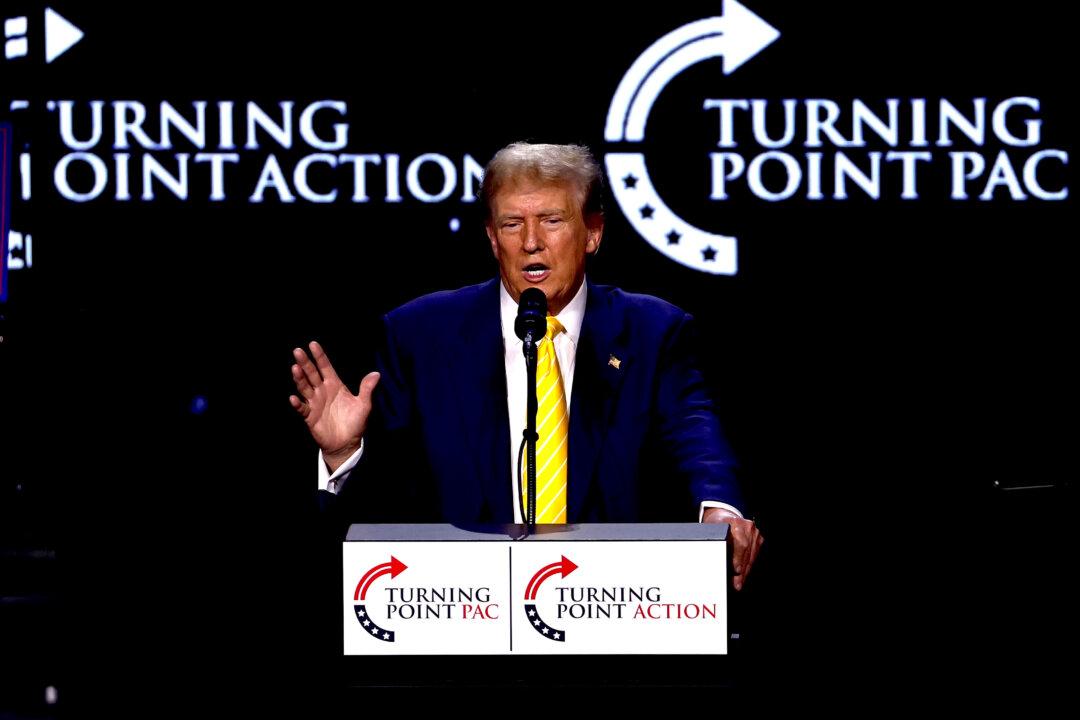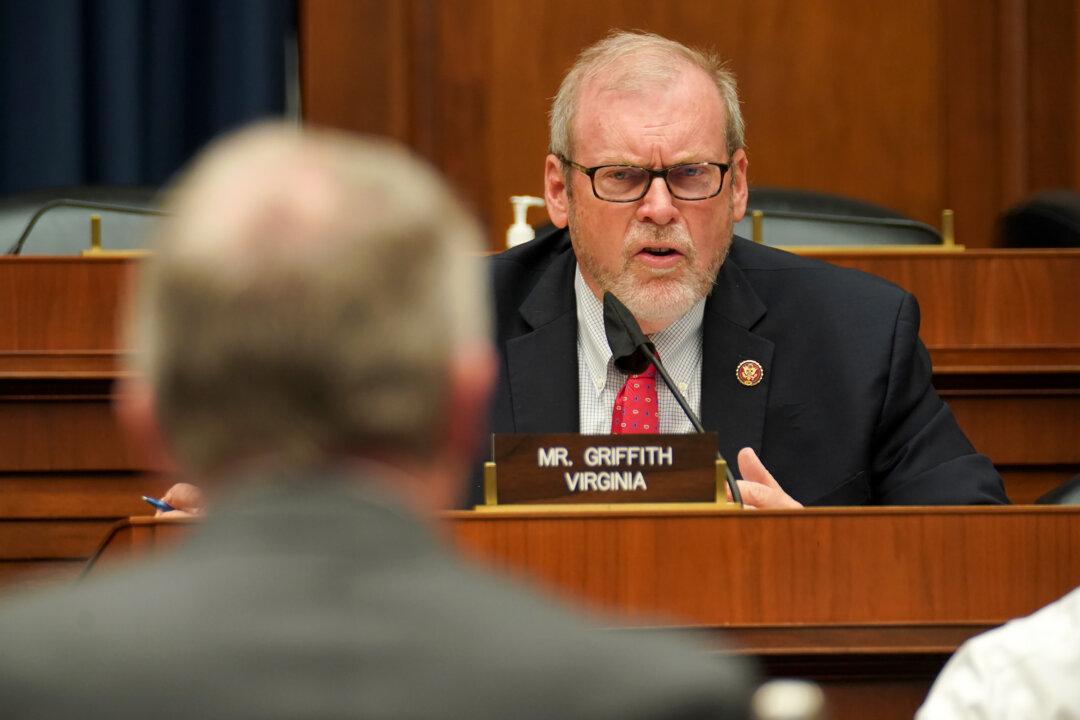Former President Donald Trump used his first campaign appearance since the conclusion of his criminal trial in New York to emphasize his proposed policies for dealing with illegal immigration swiftly and strongly, comparing the current border crisis to an invasion and its impact on the country as comparable to war.
The remarks came at a town hall meeting in Phoenix on June 6, during which President Trump vowed to “shift massive portions” of federal agencies to immigration enforcement duties if elected to the White House in November.





